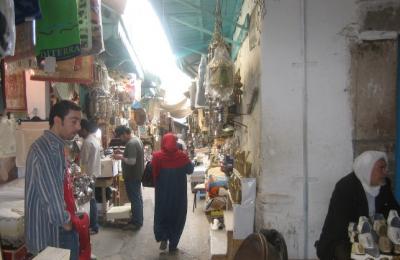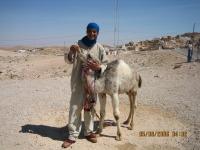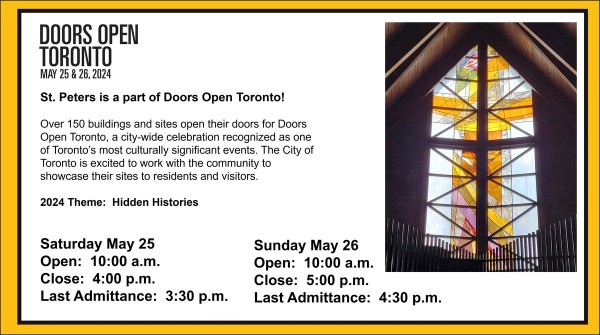Before she turned to greet them, she inquired if I would like to “make a promenation,” and gave me over to a French lady, who took me out on the wide white terraces, animated by groups of men and women, the men, in their military and diplomatic dress, gayer plumaged than the women. When I was introduced, I found that everyone knew about me, and why I had come back to Estonia. Foreign representatives and their wives were puzzled and surprised. Why did I think so highly of this little country which they regarded as a mere first step in their diplomatic careers? Was I sincere? Or what was I seeking? Of course, they didn’t quite ask this question in so many words - but nearly. Their meaning was plain in any langage, and so was the amused curiosity of the Papal Nuncio, who made known his desire to meet me.
He really embarrased me. I didn’t find it too difficult to let the diplomats suspect that I understood their ambitious aim, but I did find it difficult to convey to a churchman in full regalia, at once a proper respect for what he represented and the fact that I was just as amused and curious about him as a fellow human being as he was about me.
Presently, Mr. Leonard, the American representative, arrived and took me in charge, seconded by Mr. Rei, the acting Minister of Foreign Affairs, whom I had met before. He was one of those who had urged me to remember that the country was yet only in transition stage. However, he understood my point of view very well, and now I felt I was reinforced by two friends.
Word came out that the President was receiving, and we joined the slow procession moving up to be greeted by him.
I had time to examine President Päts quite thoroughly as step by step I drew nearer. Rather a short man, for an Estonian, but strongly built, his features were rugged, his jaw firm, his lower lip deeply undercut; but as Mrs. Silverton once had said of him in Pärnu, he was “beautiful in his bad-looking.” His expression was at once kind, patient, and determined. There was no pretence or pose about him. He seemed to have endured too much real tragedy in the years that preceeded his rise to power to care overmuch now about surface matters.
He looked at me rather keenly as I was presented and smilingly remarked that he read the Estonian newspapers. I said that I was deeply interested in his country and that I particularily admired the provision the government had made for the education and welfare of the children. He was evidently used to praise and did not pay much attention to my little speech, but in a few moments broke away from the line and began to walk rapidly toward the dining-room, telling Mr. Leonard, Mr. Rei, and me to come along, and motioning everyone else to do likewise.
In the stately dining-room, sparkling with chandeliers of rock-crystal, was along table filled with the most elaborate Smorgesbord, together with little glasses of frosted vodka. At a side-board, black-and-silver clad servitors attended to other drinks - fruit juices and fizzy things; and here the President himself served some of the ladies. he rarely drinks alcoholic beverages, I am told, except, occasionally, a glass of beer, and he will not tolerate intoxication in a public official.
My plate heaped with roast game, jellies, and salads, I sat down, and found myself being chided by Mr. Wirgo for being too enthusiastic about Estonia. This gentleman was formerly Minister to Latvia and Sweden, and is now in charge of the Foreign Trade Department of the Government. He speaks ten languages, among them English. He said:
“I must take issue with what you said in the newspaper about Estonia’s being a happy country. If you lived here long enough you would not find it so happy as you think it is. You should not be so enthusiastic. You will make people expect too much.”
“I use the word happy in a strictly limited sense,” I protested. “By a happy country I always explain that I mean one wherein all the citizens are reasonably sure of enough to eat; of a house to live in; of care in sickness and protection of their health; of an education; of a job; of a chance to express their opinions; and especially of political and economic conditions in which good will and mutual affection have a chance to express themselves. These are not all the things that people desire, but they must have at least these in order to be happy at all.
He said slowly, thinking it over: “Yes. I suppose that it is so. And we really do have these things. And they are fundamentally important. But we are still poor. Everyone has some sort of a home, for example; but not a good enough home. We must have better homes...”
“And you are beginning to get them,” I said.
“And we must have better schools,” a new voice broke in. Aleksander Jaakson, Minister of Education, had joined us. He, too was anxious lest I praise too highly what had already been accomplihed, because he had so much better things in his mind for the future.
“We are too poor,” both men insisted.
“Of course you are poor compared to America and other great wealthy countries,” I replied. “When I say that you have a happy country, I don’t mean that you couldn’t, to advantage, have a higher standard of living. But that, too, is unimportant. What is important is that every citizen has the necessities of life. And this is the foundation on which a country must rest if it is to avoid disturbances, revolution, and war.”
“Do you know Finland?” Mr. Wirgo asked, “or Sweden?”
“No. I have read a great deal about them, and hope to see them on my way home, and to find that they, too, have the essentials of life. But that won’t prevent the fact that Estonia has them, and because she is not rich, doesn’t seem to know that she has them.”
(To be continued)
A Search For a Happy Country (40)
Järjejutt
TRENDING






















